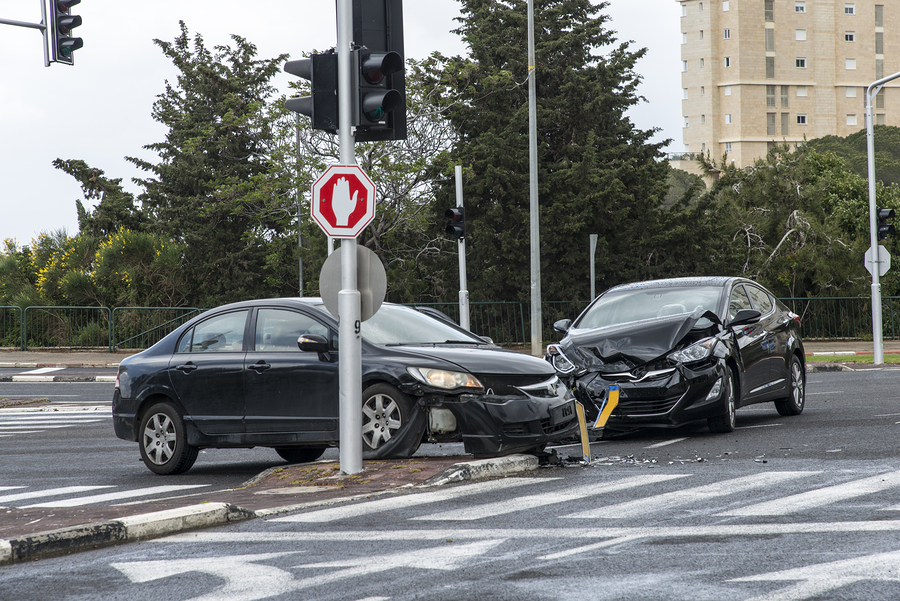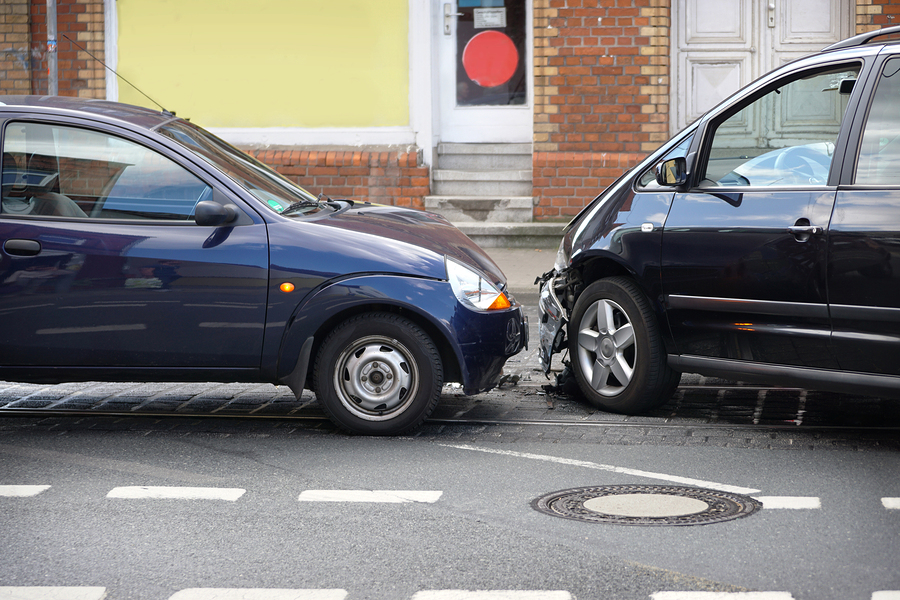Too Many Crashes Result From Drowsy Driving
According to a recent AAA Foundation for Traffic Safety study, drowsiness causes about 10 percent of all car crashes. That is five to 10 times more than previous federal estimates. The Centers for Disease Control and Prevention (CDC) estimates that one out of 25 drivers fell asleep while driving within the last 30 days.Drowsy Driving Equals Drunk Driving
The National Sleep Foundation (NSF) reports that, in terms of its dangers and effects, drowsy driving mirrors drunk driving. According to the NSF, being awake for:- Eighteen consecutive hours makes people drive like their blood alcohol concentration (BAC) is 0.05. (In all 50 states, a 0.08 BAC is the legal limit.)
- Twenty-four straight hours makes people drive like their BAC is 0.10 (well past the legal limit).
More Than Lack of Sleep
Besides insufficient (or inadequate) sleep, drivers often get tired because they:- Drive late at night (often after midnight)
- Eat poorly or rely on caffeine
- Are angry or distressed
- Are out of sync with their bodies’ natural rhythms
- Drive long uninterrupted stretches, causing “highway hypnosis”
- Work too many hours
- May have an underlying sleep disorder
- Are inexperienced or unaware of local conditions and hazards
- Are over-stimulated (including from electronics)
- Do not take enough rest breaks


